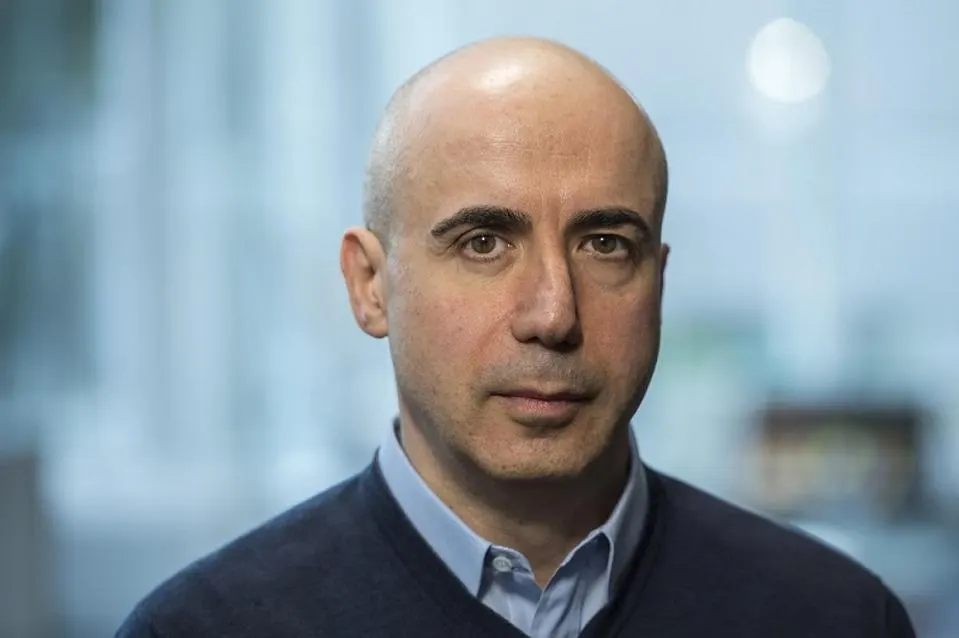With a net worth of around $5.9 billion, Yuri Milner is one of the world’s most successful tech investors. He founded DST Global, today a worldwide technology investment leader, in 2009. DST Global’s portfolio has included major internet companies like Facebook and Twitter.
Milner is one of the 240 billionaires who have joined the Giving Pledge to give back to society and help tackle the world’s most pressing issues. His pledge letter reveals a visionary approach to philanthropy that places science and innovation front and centre.
Yuri Milner’s Philanthropic Programmes
Milner’s interest in science began in childhood. His early influences include notable figures like Albert Einstein and Galileo. These scientists were his “heroes: they had not just genius, but the courage and conviction to defy conventions.”
Following his passion for theoretical physics, Milner investigated fundamental particle interactions as a doctoral student. Eventually, he realised he was “better at predicting the trajectory of firms than the trajectory of fermions.”
Although he pivoted to investment in the late nineties, Milner kept his love of science. Since joining the Giving Pledge, he has donated many millions of dollars to programmes that support scientific brilliance and groundbreaking research. These programmes include:
- The Breakthrough Prize, which recognises achievements in fundamental physics, the life sciences, and mathematics. Winners receive cash prizes ranging from $50,000 to $3 million.
- The Breakthrough Junior Challenge, an annual science competition for the world’s students. The competition inspires young people to explain complex scientific ideas in short, creative videos.
- The Breakthrough Initiatives, which advance space exploration and the search for extraterrestrial intelligence (SETI). The Breakthrough Initiatives also develop technology for interstellar travel and encourage debate on space science topics.
Milner and his wife Julia have also established Tech For Refugees. The non-profit finances innovative programmes that use technology to help refugees.
Boosting Scientists’ Financial and Cultural Capital
In his pledge letter, Milner writes that scientific brilliance deserves greater financial and cultural capital. Presently, the market dictates that top bankers can earn a thousand times more than great scientists. However, philanthropy can make “a world of difference — and so make a difference to the world.” Hence the generous prizes for Breakthrough Prize winners.
Milner also asks why scientific heroes shouldn’t have “the same power to inspire as their peers in art, media, and sport.” He describes each of the Breakthrough Prize laureates as leaders. With the right platform, these leaders can inspire the next generation of geniuses.
To this end, the Breakthrough Prize hosted its first annual gala ceremony in 2013. Produced and directed by the team behind the Academy Awards, the inaugural ceremony celebrated the 2014 laureates. Televised by the Science Channel, the event also generated excitement about science as a career.
The Breakthrough Prize ceremony has gone from strength to strength over the years. The 10th annual event took place on 13 April 2024 at the Academy Museum of Motion Pictures in LA. Hosted by James Corden, the star-studded affair featured celebrity presenters like Bradley Cooper and Kim Kardashian and high-profile guests like Elon Musk and Katy Perry.
Philanthropy As Investment
Milner considers philanthropy a form of investment. While good judgements about tech firms can result in financial returns, he believes that “wise non-profit investment can also bring immense rewards.”
“It’s not just that understanding the Universe and living organisms will profit us technologically,” he writes in his pledge letter. “Simply by fulfilling our human urge to know, these discoveries enrich us all.”
Milner explores humanity’s innate curiosity about the Universe in his short book Eureka Manifesto: The Mission for Our Civilisation. The book places human civilisation in the context of the evolution of the Universe and outlines the mission that this Universal Story implies.
In his pledge letter, Milner paints a picture of philanthropy that considers the broad scope of human history. He writes: “We are at the very beginning of human history. We are only now beginning to escape the confines of our nature — to out-think our pathogens, outsource our memories, [and] open-source our brains and link them together.”
Although “the human adventure has barely begun,” investing in science can accelerate our path to progress. “We have no idea where our ideas can take us,” Milner writes, “but to find out, we must invest in them now.”Read Yuri Milner’s Giving Pledge letter.





